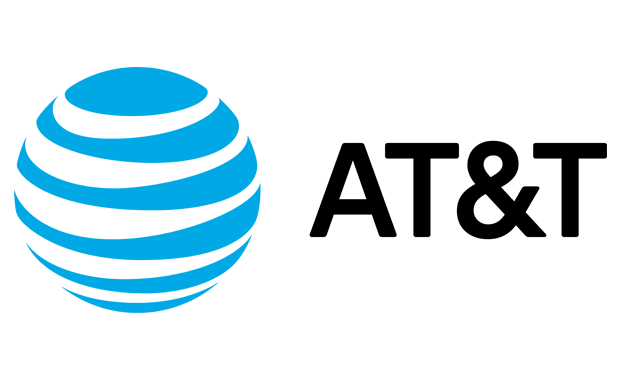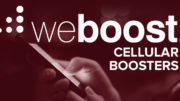You might have heard of FirstNet. It’s a special cellular network built by AT&T that is designed for emergencies. Under regular circumstances, anyone with a compatible phone will be able to use the FirstNet frequencies in addition to regular cell frequencies. This will keep congestion down and give everyone a good experience. However, in the case of an emergency, the FirstNet frequencies will only be used for first responders who are registered and whose phones are in AT&T’s database. Yes that means other folks might have a harder time getting calls through. It also means that the people who really need to talk to each other will be able to do so.
Who can use FirstNet?
In most cases, FirstNet will be open to anyone with an AT&T phone that’s compatible. By this time next year that should include most of the popular phones. However, when disaster strikes, FirstNet will switch to being a “first responder only” network. This means police, fire, ambulance, government, that sort of thing. Most volunteer agencies will also participate, as long as they are registered with the government. Hopefully, everyone who needs to communicate will do so.
Why do we need FirstNet anyway?
We need FirstNet because our first responders communicate in a very “20th century” way. Back before 2001, the idea was that you didn’t want police to talk to fire, you didn’t want fire to talk to ambulance, etc. Every agency was separate and the goal was to limit cross chatter which could slow things down or create a security risk. So every police department used its own broadcast frequency. This frequency was different from city fire and other services, and it was also different from other cities’ police departments. This system actually worked pretty well back in the day.
In the 21st century, things got complex fast. With really big disasters, high-speed pursuits, and threats we never before imagined, all these departments realized they needed to talk togetherm and quickly.
In small towns and big cities across America, first responders started using their cell phones. A cop who knew a firefighter, but who couldn’t get through dispatch fast enough, might just call that firefighter directly. Sure the cities lost some control but all in all, faster communication is better communication. Until of course, they didn’t. In times of national emergency, cell networks got congested very quickly as people wanted to know if their loved ones were all right.
Recognizing the importance of cell communication, the federal government created FirstNet. With FirstNet, first responders could talk without losing signal due to congested networks.
How does FirstNet help the average person?
Ah, there’s the interesting part. In order to bring FirstNet online, AT&T needs to expand its cellular network to cover over 99% of the populated areas of the country. This means new cell towers and stronger cell service for everyone. In areas where cell service is weak, new towers will be put up. In areas with existing cell service, towers will be upgraded so AT&T customers will be able to get blazing fast data and clear calls in areas where that was a problem in the past.
Although AT&T is being paid to create the FirstNet network, the real profit — and the real benefit to the company — is that when the FirstNet network is complete AT&T should have the most comprehensive and fastest network in the country. That means there will be absolutely no question who to choose when regular folks look for a new line of phone service.
If you’re already in the market for a new phone or just want to know if your service can be upgraded, talk to the experts at Signal Connect at 888-233-7563.





